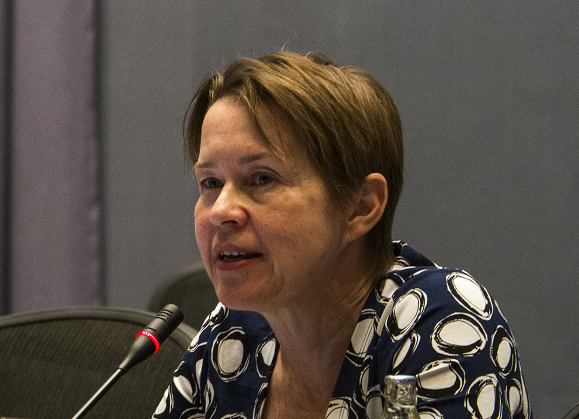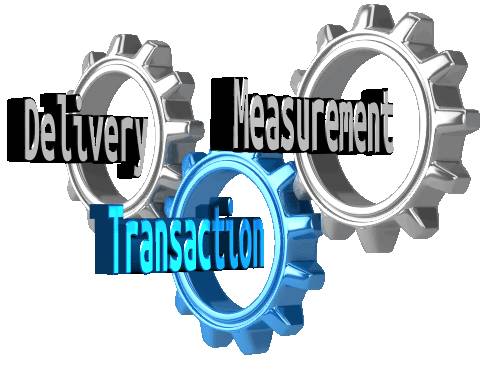


Committed to Sustainable Cities and Human Settlements for All

In Special Consultative Status with ECOSOC
Search
NameDescriptionContent
Home>>Text
Ms. Barbara Mellish: Blockchain Technology and Smart Cities
Source:
|
Author:gfhsforum
|
Published time: 2018-11-09
|
1983 Views
|
Share:

Ms. Barbara Mellish: Director, Centre for Citizenship, Enterprise and Governance (CCEG), UK
Blockchain as a technology has the potential to become one of the most pivotal routes to change for our societies.
The movement away from the centralised model of control which is the basis of almost everything we do, where we relying on a trusted centre. Blockchain gives us the mechanism to de-centralise, to build organically, to create new structures of control and engagement.
This is a fundamental shift in how we structure ourselves in society.
With so much media attention on blockchain has focused mostly on the rise (and falls) of crypto currency valuations, it is easy to lose sight of the wider picture of the blockchain opportunity.
Add to that the uncoordinated nature of the non-centralised model, the slower approach that organics growth brings and the growing number of scams and mismanagement scandals and the result becomes a very fragmented environment.
We all intuitively know that an appropriate use of Blockchain technology does have real potential to make a change to how we operate cross-border and within societal groups, bypassing middle layers and removing the trusted centre, but we are yet to see mass adoption of real-world examples of this in practice.
And so, the really big questions are how far can Blockchain go? How will it evolve? What is required to create a step change in the way we live and operate? What are the next steps?

My organisation, the Centre for Citizenship Enterprise and Governance, or “CCEG”, is a Think Tank that has had more than six years in the research and application of the movement of non-financial values, and over two years research and application of those research findings using blockchain technology. We specialise in the tracking of the movement of emotional value, the things that give society well-being, contentment, happiness. That is those values that create engagement and good citizenship within communities.
This work is highly relevant to cities and human settlements. As we understand, track and monitor the value sets of communities and individuals we become enabled to focused investment and channel our resources to materially to improve the well-being and contentment of citizens.
As we build the cities of the future, as we look to make significant change to those urban settlements that are not working, it is simply not enough to just create infrastructure and transportation links. We need to create cities that inspire and generate high quality living, a healthy community and arguably, most importantly a content and happy society.
The blockchain technology can be used as a tool to engage the communities, to give people a voice and a vote. It can be used to delegate power and authority to empower community groups and organisations. Through the use of Distributed autonomous organisations and/or foundations, blockchain can we used to develop the structures on which the cities operate and crucially the mechanisms for change and improvement.
Imagine a city where constant quality feedback from the millions of users of services and facilities are being utilised to adjust, refine and perfect city services for the benefit of the whole. A city where the inhabitants are the owners, and the controllers of the core of the infrastructure, the architects of the future changes and the shapers of their own eco-system. By their nature the citizens and not just engaged, they direct, drive and own the whole settlement.
These will be the cities of the future to which all others will aspire to replicate.
Copyright © Global Forum on Human Settlements (GFHS)
